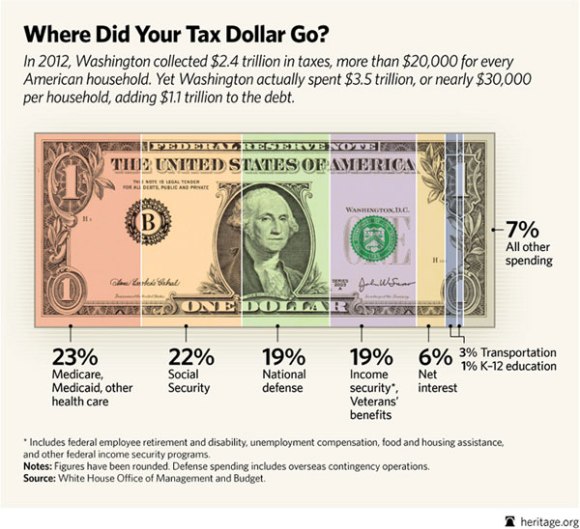Finals week starts May 6th for 16 week classes, and is a few days earlier for the 8 week classes (May 3rd).
Click here for the finals schedule.
I'll start posting hints about what to think about for the test, but here's a reminder of the particulars (which you can find on the syllabus - as you already know right?).
Most of the questions will be based on the assessment questions you have taken over the course of the semester. About 30-35 will be repetitions of those questions. The rest will alterations of those question while a small handful - perhaps 5-10 - will be subject matter we did not cover in the assessments at all, but was in the class notes.
I suggest spending time reviewing the assessment questions, and considering them broadly. Think about the related topics surrounding these questions. Don't forget to cover the powerpoints and whatever notes you took in the class.
You will have two hours to answer 100 multiple choice questions, and these will primarily focus on various facts associated with the subject matter of your class. The written assignments are meant to test critical thinking skills. If you are a lecture student, please bring a scantron and a pencil to class. If you are an online student, note that the format of the final will be different than the assessment. You will have two hours for all 100 questions, and these will be given to you one at a time and you will not be able to revisit the questions.
As opposed to the asessments - which were open ended and designed to help you learn the subject matter - this is ment to be an actual test.
I've mentioned several times - in class at least - that the final is meant to be tough. The assessments, written assignments and 1000 word report, not so much. This is where I separate the A's and B's from the rest of the pack. If you have done well on the other assignments, most likely you have built up enough of a base grade where you can't fail the class even if you blow the final. Its only worth 25% of your grade. Hopefully that helps lower any stress you might have about the test.
Keep comng back to this blog since I'll drop hints about what to study for as I put the finals together.
Good luck and try to relax.




 And the smallest share of the electorate that can comprise a majority in the Senate:
And the smallest share of the electorate that can comprise a majority in the Senate: 

